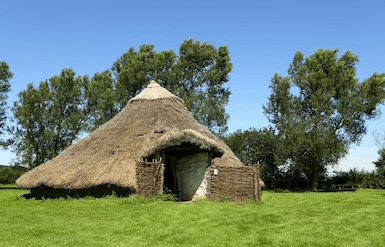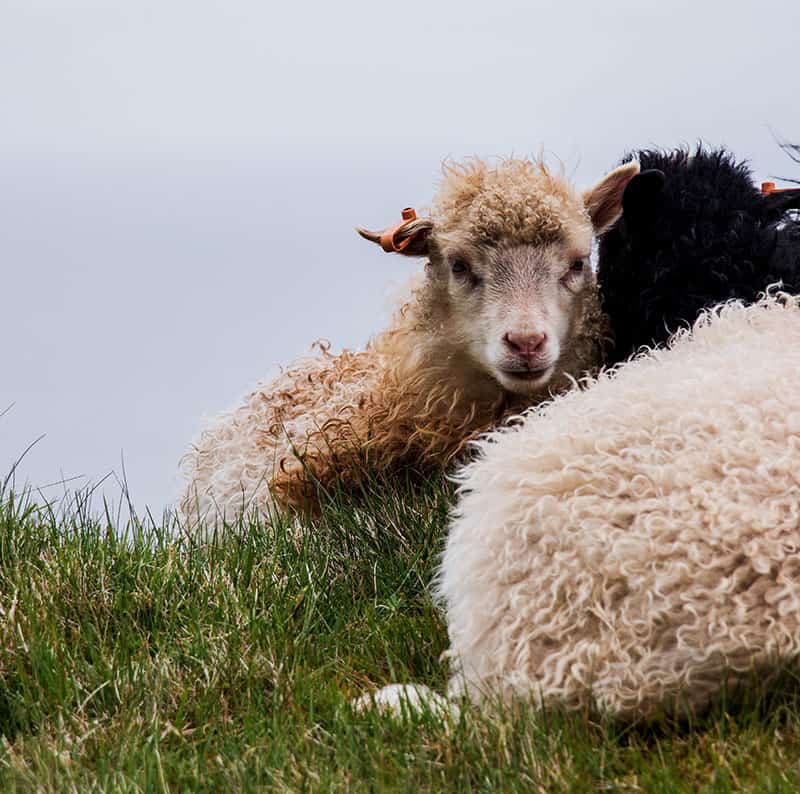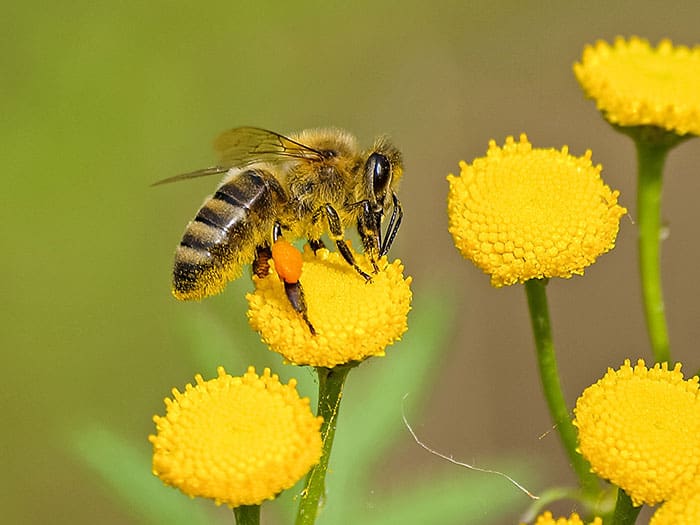Horticulture and Agronomy
Our early Celtic ancestors were far savvier than most people realize. They understood how to work in harmony with the land to produce the very best crops along with an abundance of natural materials for use in building, and the manufacture of clothing, tools, and utensils – without ruining the environment.
Curriculum includes:
- Complementary and Seasonal Planting and Crop Rotation Techniques
- Soil Improvement through Zero Waste Recycling
- Soil Conservancy and Erosion Management
- Coppicing and Woodland Management
- Natural Fencing and Hedgerow Management
- Water Resource Management: Purification, Drainage and Irrigation
- Artisanal Skills and Culture Preservation
Many of the skills practiced by our early Celtic ancestors were an integral part of their culture. However, with the onset of industrialization, factory farming, and our increasing isolation from nature, many of these are on the verge of being lost for all time.
At Celtica, we will provide living museum exhibits to inform and educate, and offer visitors the opportunity to learn these valuable skills for themselves through practical experience.



